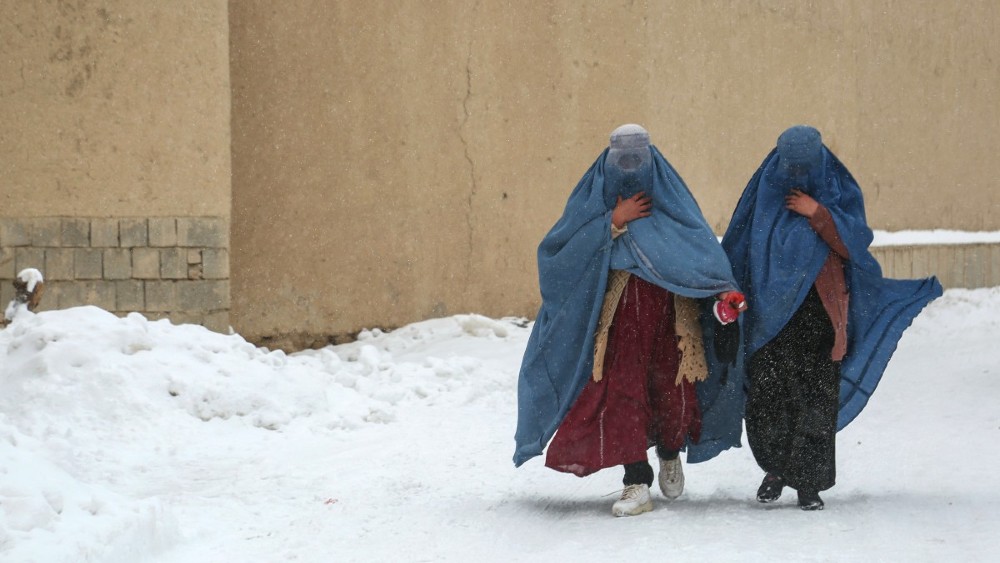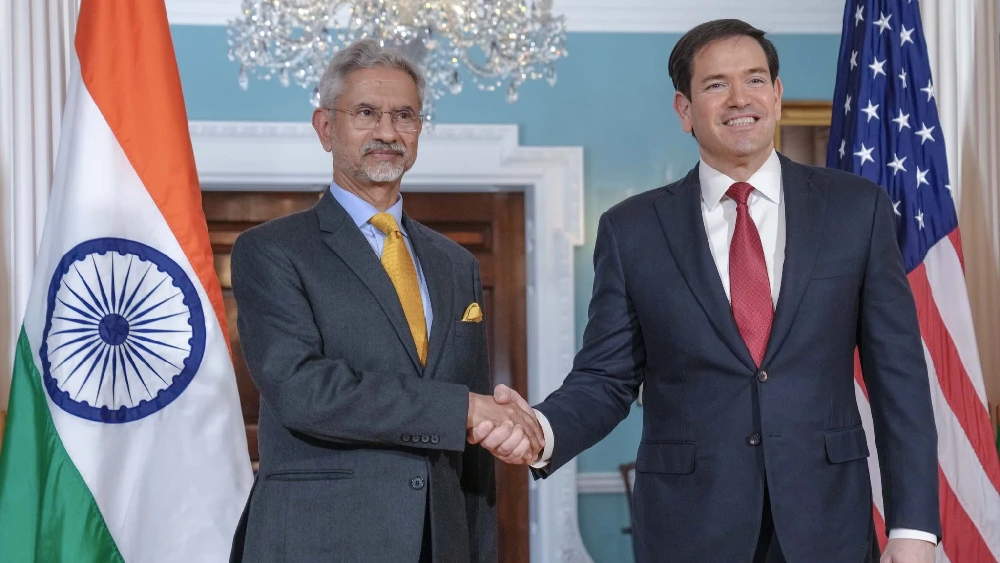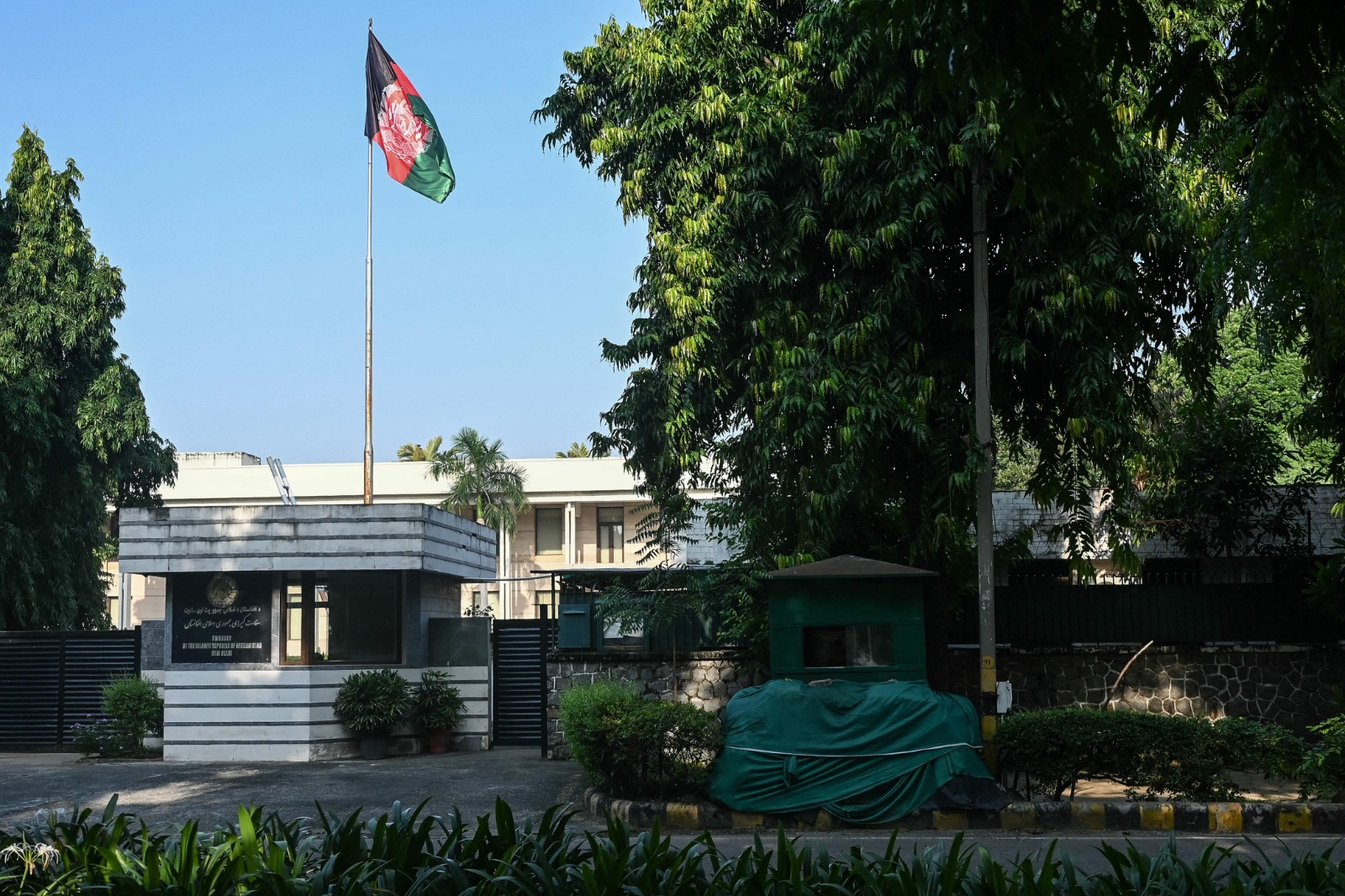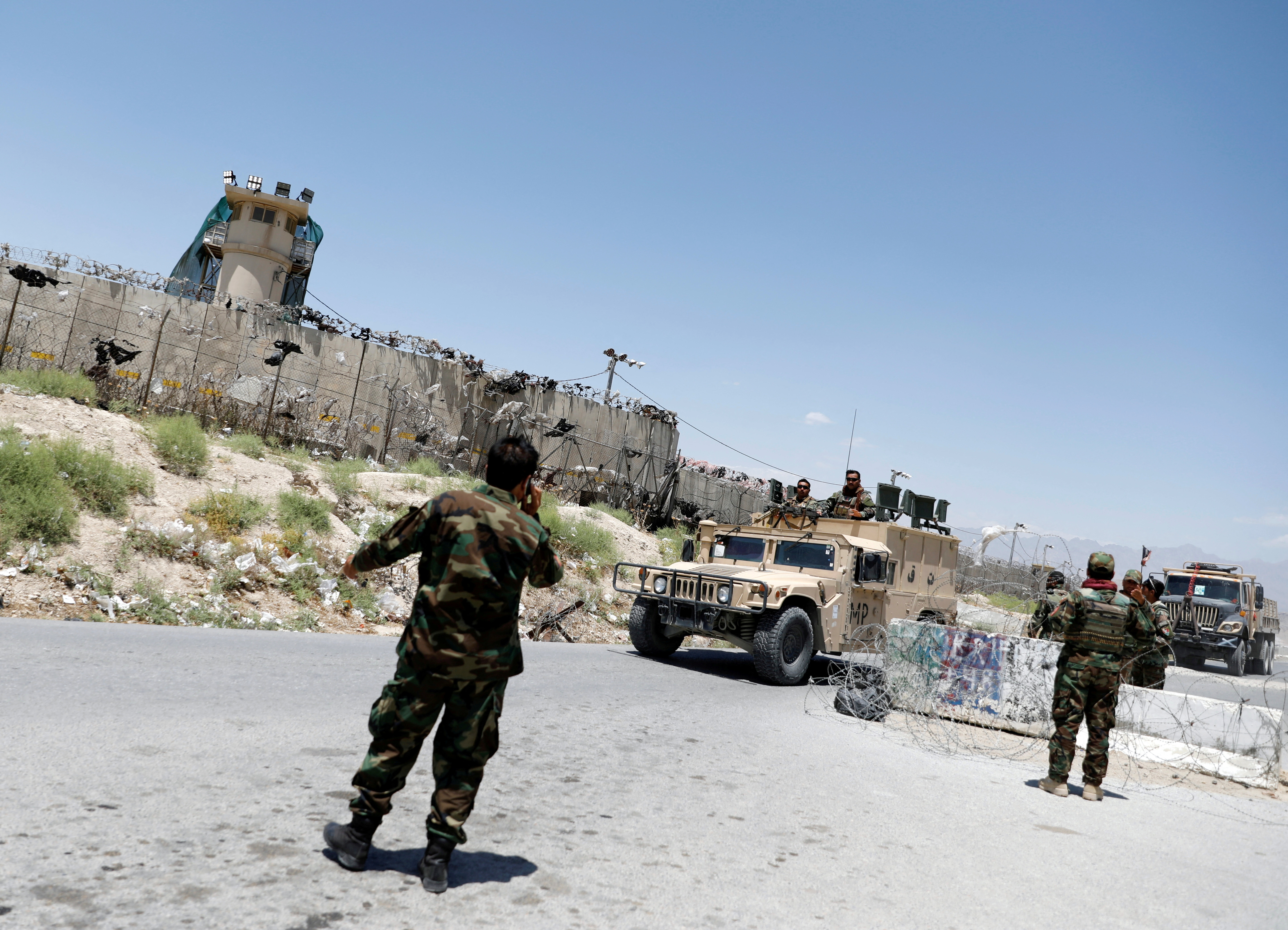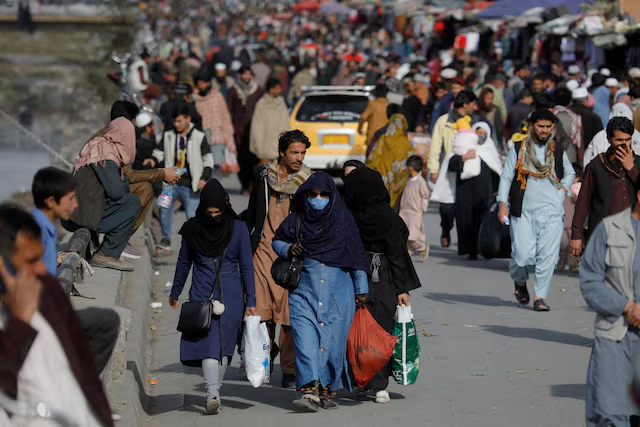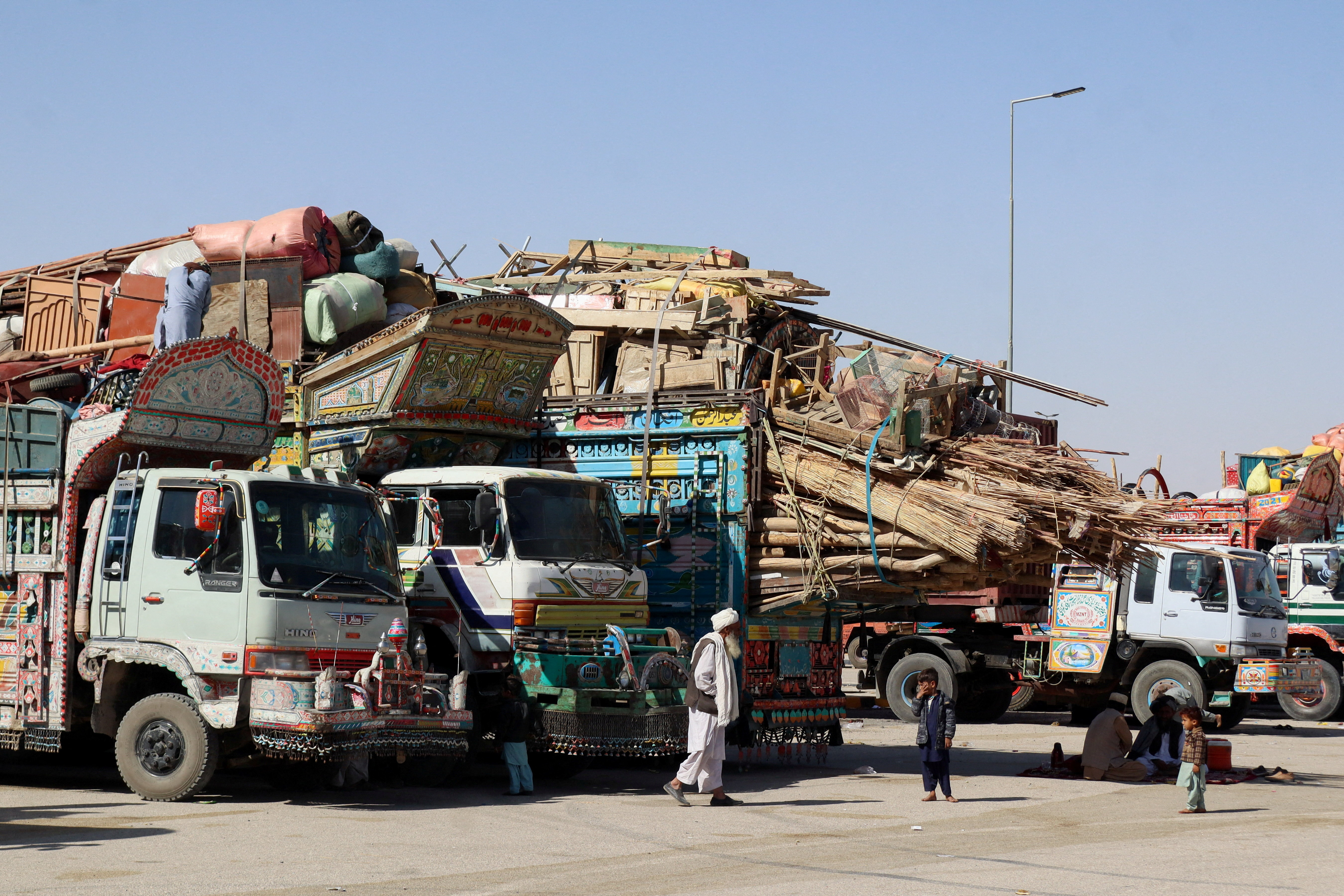ISLAMABAD: Afghan Taliban officials are invoking the Doha Peace Agreement to secure diplomatic legitimacy while preserving space for ideological and militant alignments as Afghanistan and Pakistan prepare for the Istanbul talks on October 25.
In the days leading up to the Istanbul meeting between Pakistan and Afghanistan, the Islamic Emirate of Afghanistan (IEA) has released a series of statements carefully invoking the Doha Peace Agreement.
On the one hand, the Afghan government has signaled its cooperation; however, it is also trying to carve out strategic room to maneuver.
The official remarks by the Taliban’s interim ambassador to Qatar, Sohail Shaheen, and interim spokesperson Zabihullah Mujahid on their X accounts emphasize ceasefire, non-interference, and mutual respect.
Yet, beneath the surface, these assurances appear to be part of a calculated diplomatic posture designed to consolidate Afghanistan’s leverage under the cover of peacebuilding language.
According to Shaheen, Afghanistan and Pakistan, with the mediation of Qatar and Turkey, have agreed not to support attacks or opponents of each other, nor violate airspace or conduct strikes on civilians or infrastructure, as per the statement.
Mujahid’s statement reinforced the idea, framing the Doha-led understanding as a “comprehensive and meaningful ceasefire,” and highlighting the establishment of a joint mechanism to monitor future compliance.
Both officials projected confidence in the bilateral process, portraying the Taliban as a responsible state actor seeking regional stability.
However, analysts note that these commitments conveniently align with the Taliban’s broader strategy to legitimize their rule internationally while maintaining operational depth for groups ideologically aligned with them.
A former Pakistani military official, Inam Ul Haq, speaking to Pakistan TV Digital, described this as “maneuvering the roof” under the Doha framework, calling it an approach that outwardly adhered to diplomatic protocols while leaving ample space for ideological continuity.
The Taliban’s deep-rooted ideological affinity with the proscribed Tehreek-e-Taliban Pakistan (TTP) remains a central concern for Islamabad.
Despite official denials of cross-border support, the shared worldview, recruitment networks, and tribal overlap between the two movements make such separation difficult in practice. The latest agreement’s ambiguity regarding enforcement mechanisms and verification further strengthens Kabul’s ability to selectively interpret commitments.
As both nations head into the Istanbul talks, the Taliban appear poised to use the language of peace as a diplomatic shield, maintaining the narrative of cooperation while preserving the underlying ideological linkages that continue to destabilize the border region.

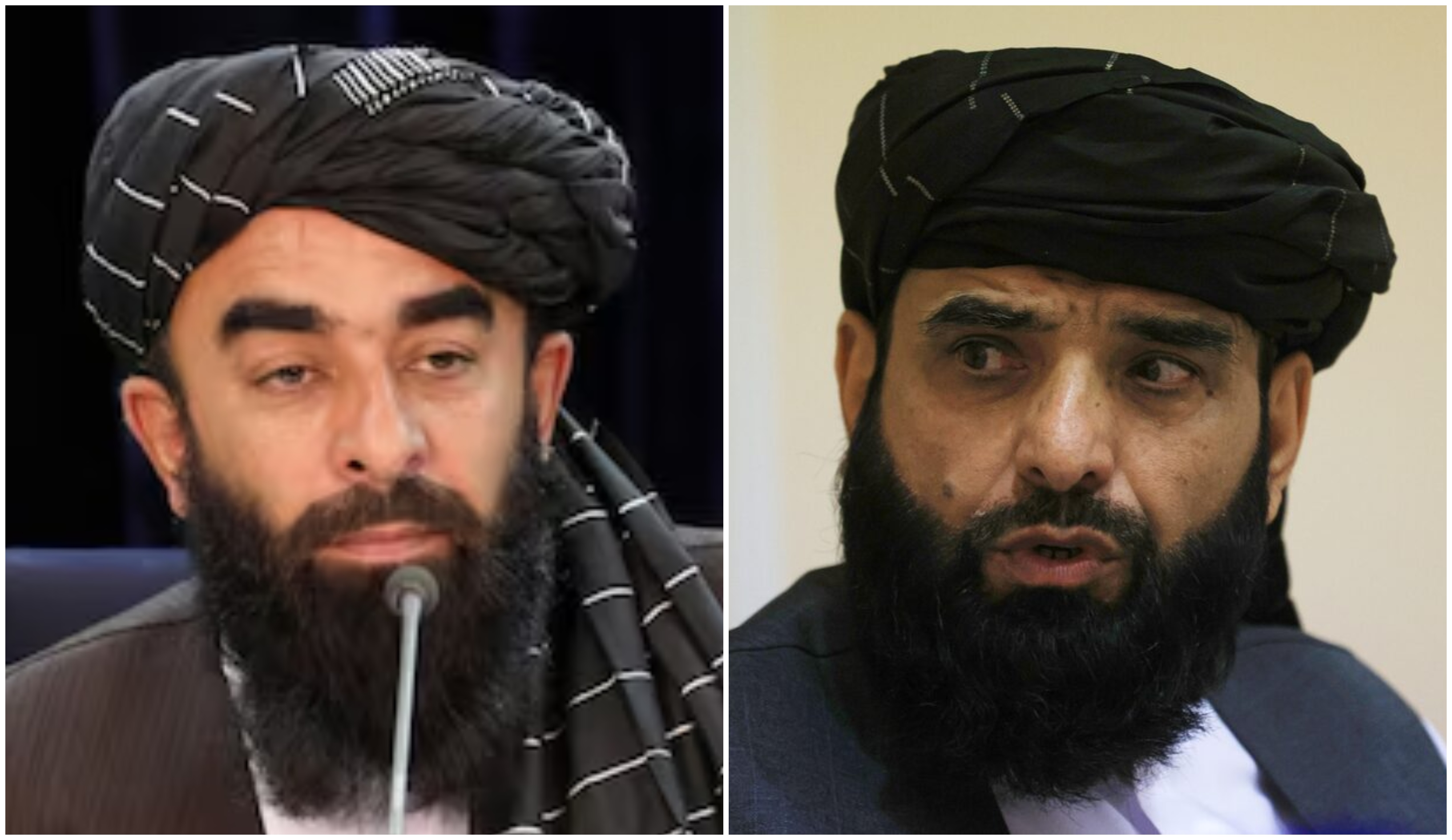
.jpg)

